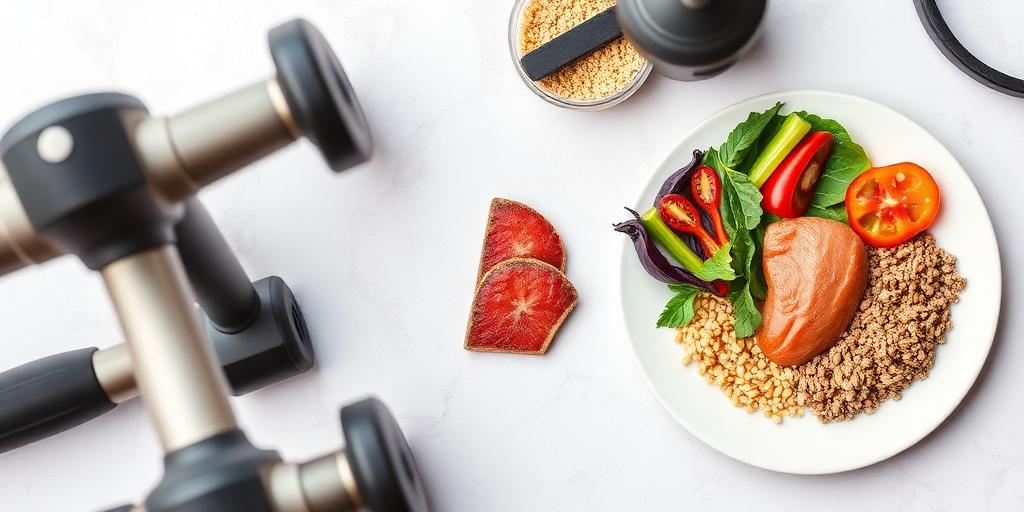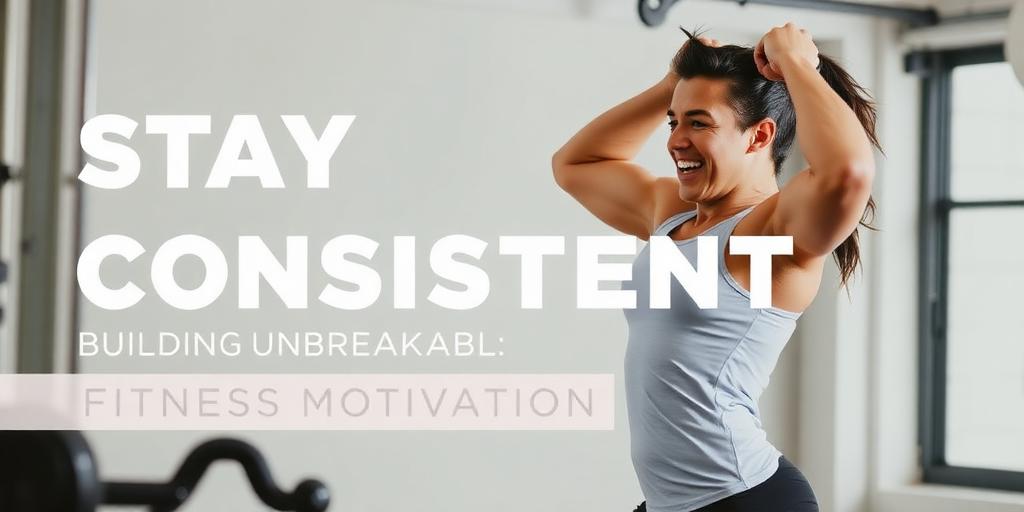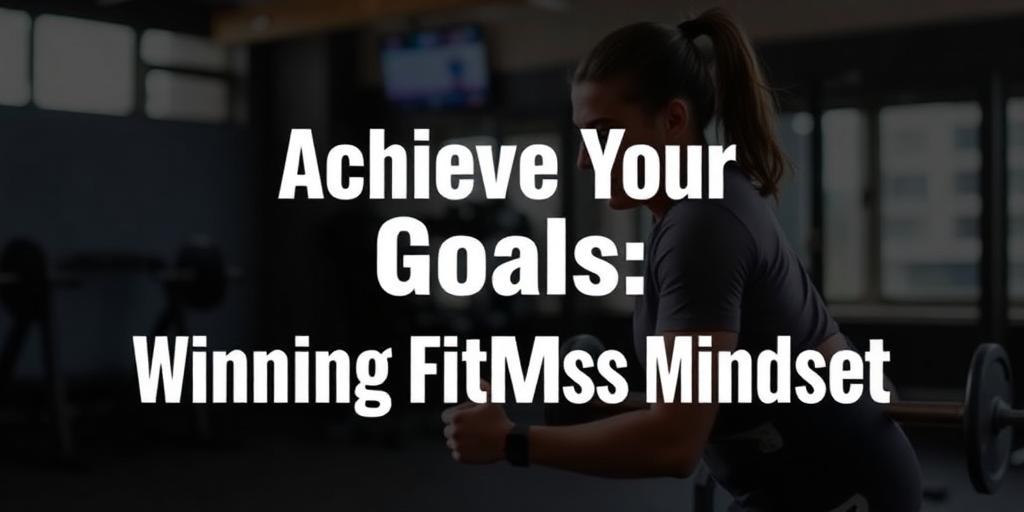How to Make Nutrition for Fitness Sustainable
Achieving your fitness goals isn't just about hitting the gym; it's also about fueling your body with the right nutrients. However, many people struggle to maintain a healthy eating plan long-term. This guide provides practical strategies for making nutrition a sustainable part of your fitness journey.
Understanding Sustainable Nutrition
Sustainable nutrition is about creating eating habits that you can maintain consistently over time. It's not a quick fix or a restrictive diet; it's a lifestyle.
Key Principles
- Focus on Whole Foods: Prioritize fruits, vegetables, lean proteins, and whole grains. These foods provide essential nutrients and keep you feeling full.
- Avoid Extreme Restrictions: Severely limiting calories or cutting out entire food groups can lead to cravings and eventual burnout.
- Set Realistic Goals: Start with small, achievable changes. Trying to overhaul your entire diet overnight is often unsustainable.
- Plan Ahead: Meal prepping and planning your meals can help you stay on track, especially during busy weeks.
- Listen to Your Body: Pay attention to hunger and fullness cues. Eat when you're hungry and stop when you're satisfied, not stuffed.
Practical Strategies
- Start Small:
- Add a serving of vegetables to each meal.
- Swap sugary drinks for water or unsweetened tea.
- Choose whole-grain bread over white bread.
- Meal Prepping:
- Prepare a batch of healthy meals on the weekend.
- Portion out snacks to avoid overeating.
- Keep healthy options readily available.
- Mindful Eating:
- Eat slowly and without distractions.
- Pay attention to the taste, texture, and smell of your food.
- Avoid eating in front of the TV or while scrolling on your phone.
- Stay Hydrated:
- Drink plenty of water throughout the day.
- Carry a water bottle with you as a reminder.
- Avoid sugary drinks, which can lead to energy crashes and weight gain.
- Don't Deprive Yourself:
- Allow yourself occasional treats in moderation.
- Focus on balance rather than restriction.
- Enjoy your favorite foods without guilt.
Tailoring Nutrition to Your Fitness Goals
Your specific nutritional needs will vary depending on your fitness goals.
- Weight Loss:
- Focus on a calorie deficit by eating fewer calories than you burn.
- Prioritize protein to preserve muscle mass.
- Incorporate plenty of fiber to stay full.
- Muscle Gain:
- Consume enough protein to support muscle growth.
- Ensure you're eating enough calories to fuel your workouts.
- Time your meals strategically around your workouts.
- Endurance:
- Focus on complex carbohydrates for sustained energy.
- Stay hydrated to prevent fatigue.
- Replenish electrolytes after long workouts.
Common Pitfalls and How to Avoid Them
- Emotional Eating: Find healthy ways to cope with stress and emotions, such as exercise, meditation, or talking to a friend.
- Lack of Planning: Take time each week to plan your meals and snacks.
- Giving Up After a Mistake: It's okay to have occasional slip-ups. Just get back on track with your next meal.
Making it a Lifestyle
Sustainable nutrition is a long-term commitment. Be patient with yourself, celebrate small victories, and remember that consistency is key. By following these strategies, you can create a healthy eating plan that supports your fitness goals and enhances your overall well-being.
Conclusion
Making nutrition sustainable for fitness involves adopting a balanced, realistic, and mindful approach. By focusing on whole foods, planning ahead, and listening to your body, you can create lasting habits that support your fitness goals and overall health. Remember, it's not about perfection; it's about progress and consistency over time.









